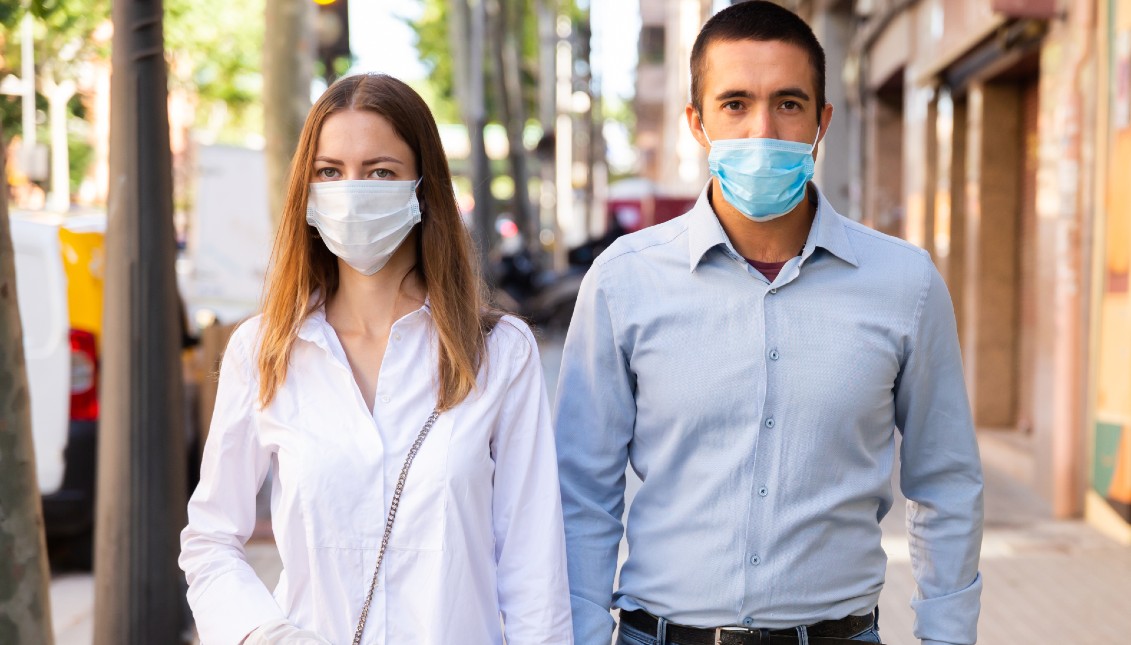
COVID-19: Vaccine approval doesn't convince skeptics
While cases of COVID-19 continue rising due to the Delta variant, anti-vaxxers still do not believe the FDA.
When the full approval of the Pfizer BioNTech COVID-19 vaccine became known, experts predicted thousands of people who have yet to be vaccinated due to skepticism about its safety and effectiveness, would do so in big numbers.
However, the approval has not convinced as many as expected. A national survey conducted days before the vaccine was approved shows that only 35% of respondents feel more confident after approval, and that it resolves "almost all of their doubts" about the safety of the vaccine.
Although this figure is equivalent to a third of those surveyed, it is not as high as expected and raises the question of whether there will be a massive attendance at vaccination sites in the coming days, as was forecast at the beginning of the week.
This fact and the growing cases of the Delta variant in the United States, create a growing concern about when the end of the pandemic will actually come.
On Tuesday, Aug. 23, White House Medical Adviser, Dr. Anthony Fauci, said that if the rate of vaccination and infections was kept up until the Spring of 2022, all measures related to protection against the coronavirus could be lifted and activities would resume with normality.
At the beginning of the year, projections suggested that by the beginning of Summer and the celebration of 4th of July this year, the pandemic would be under control, but low vaccination rates and the emergence of the Delta variant have altered the panorama. It's so much so that experts around the world already warn that COVID-19 will continue to move among people in the near future, so measures must be taken and health policies adjusted.
"If we can get through this Winter and get the majority, the overwhelming majority of people who have not been vaccinated, I hope we can start to get some good control in the Spring of 2022," Fauci said in an interview with CNN.
RELATED CONTENT
These statements, added to those of Dr. Sai Reddy, professor of immunology at the ETH University of Zurich, Switzerland, who spoke of COVID-22, referring to the possible variants of the virus, became a trend on Twitter and generated concern among people.
Reddy himself came out to clarify what was said and described in Newsweek that “I of course agree that the proper and correct usage of the term for the disease caused by SARS-CoV-2 is COVID-19. I unfortunately did not realize that my use of the term 'COVID-21' or 'COVID-22' would lead to such a reaction. What I meant to convey was that as SARS-CoV-2 evolves literally, our thinking about how to respond and deal with the pandemic should also evolve."
As social media freaked out, the Centers for Disease Control and Prevention (CDC) released new data on the effects of COVID-19 among vaccinated and unvaccinated people.
Based on a study of 43,000 people in Los Angeles who contracted the virus between May and July, the CDC found clear evidence on the benefits of vaccination.
People who have not received the vaccine are 29 times more likely to be hospitalized for complications from the virus, compared to those who have been vaccinated. This data is the evidence that was missing from what specialists have been suggesting since mass vaccination began.
"These data remind us that if you are not yet vaccinated, you are among those highest at risk," said Rochelle Walensky, the director of the CDC, at a news conference.











LEAVE A COMMENT:
Join the discussion! Leave a comment.